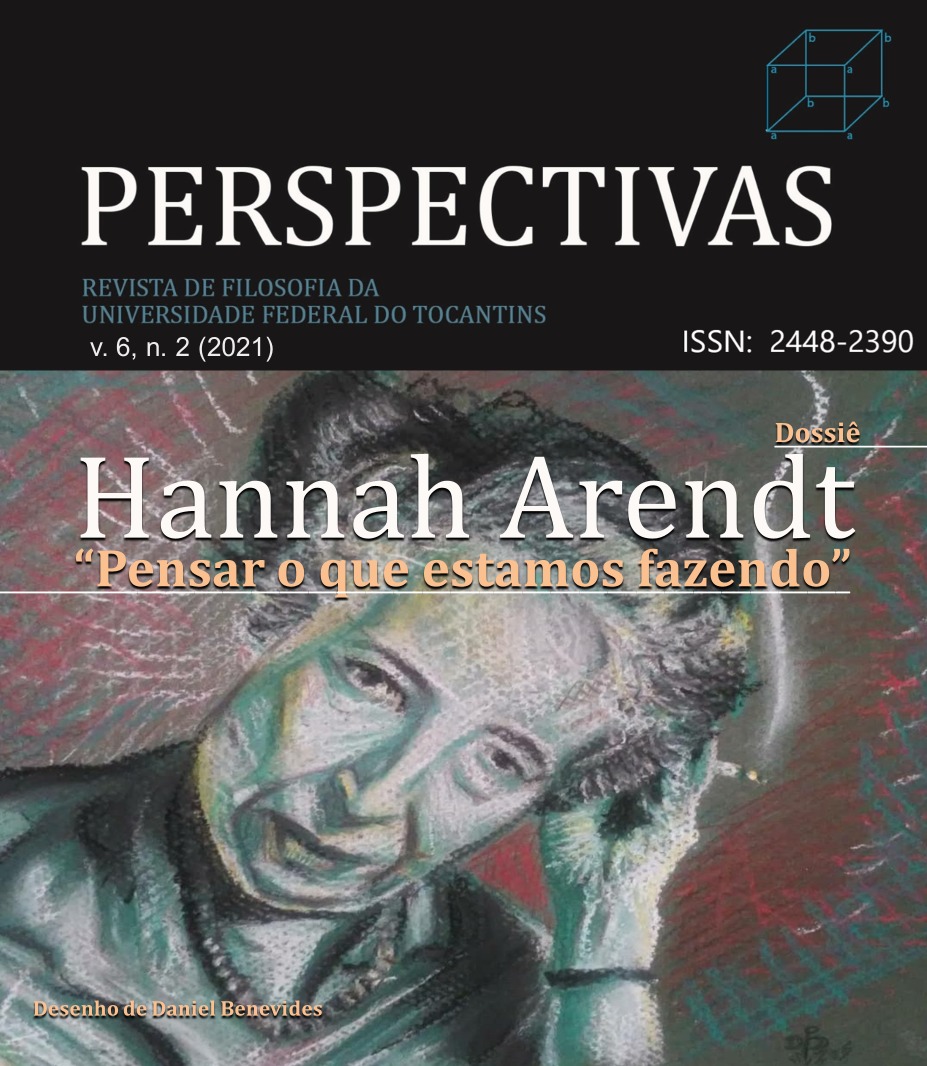Loneliness as the main experience of Totalitarianism in Hannah Arendt's thinking
DOI:
https://doi.org/10.20873/rpv6n2-05Abstract
In Arendtian thinking, the experience of loneliness is one of the most radical ways of moving away the human being from its own humanity. According to Arendt, there are ways that may point out and lead to loneliness, ways that must be watched over and avoided. She understands that such a radical experience reaches its summit in the context of Totalitarianism, especially in regards to concentration camps. Thus, loneliness becomes structural and is continually manufactured inside the totalitarian context. Being one experience where is lost to the world, to others, and to themselves, loneliness as used by the totalitarian regime as an anticipation to final annihilation, where one becomes merely a vital cluster, non-living, without any expression of the being, until nothing is left but decimation in the camps.
Downloads
Published
How to Cite
Issue
Section
License
The Magazine is under the Creative Commons Attribution 4.0 International Public License (CC BY 4.0), according to which:
1) The authors retain the copyright and grant the journal the right of first publication, with the work simultaneously licensed under the Creative Commons Attribution which allows the sharing of articles published with the recognition of authorship and initial publication in this journal.
2) Authors are authorized to enter into additional contracts separately for distribution of the version of the work published in this journal, as long as there is recognition of authorship and initial publication in Perspectivas.
3) Authors are authorized and encouraged to disseminate published texts with proper references to the journal and its authors.





















